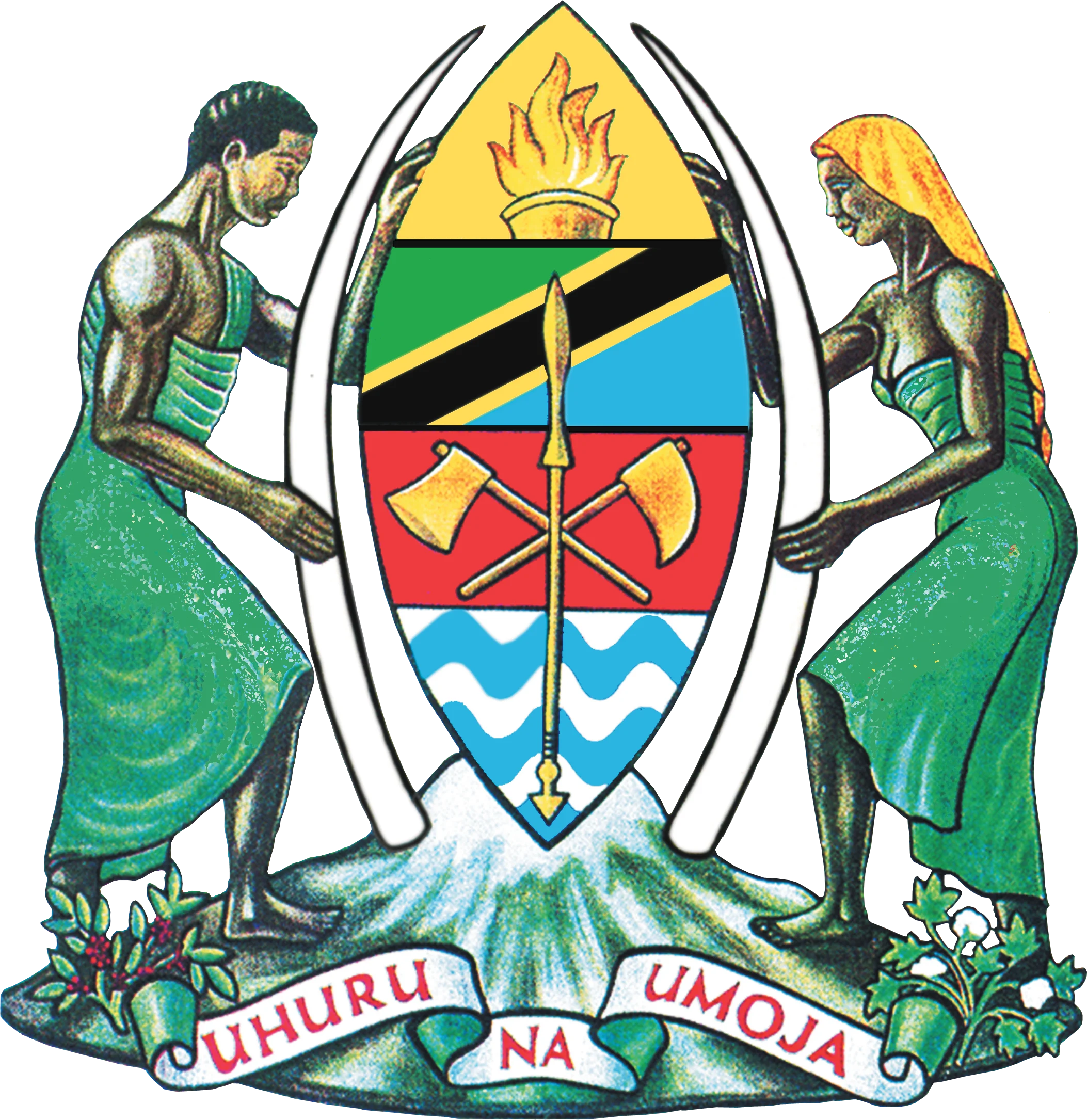Coal Resource Quality Assessment
Through the technical assistance from the Tanzania Commission for Science Technology
(COSTECH), TIRDO Energy Division has acquired state of the art equipment for analyzing
coal (and other energy materials) quality. After commissioning the equipments in 2015,
the Division’s coal laboratory is capable to analyze the materials with respect to proximate,
ultimate and heating value parameters. It is further capable to analyze the inorganic content
(trace metals) from the materials. To-date, the laboratory has analyzed over 60 coal samples
from the mining companies.
In recognition of this capacity and, especially after the coal laboratory managed to resolve coal
quality disputes between mining companies and coal users (e.g. the Dangote Cement Factory Vs.
TANCOAL mine case), the Minister for Energy and Minerals, Prof. Sospeter Muhongo declared the TIRDO
coal laboratory as the national backstop reference laboratory for coal quality assessment for Tanzania.
Quality assurance of gas pipe joints at Mnazi Bay Mtwara
TIRDO was awarded the contract to carry out non destructive testing on pipelines and gas facilities.
The work included the furnishing of labour, supervision, materials, equipment, small tools and any other
services necessary to perform non destructive examination (NDE) on the offshore and on shore pipelines as
per plans and standards.
The Marine pipeline was approximately 5.2km long and the onshore portion of the pipeline was about 26 km
long pipeline from Msimbati Peninsula to the South Shore of Mnazi Bay near Kelinde river and extend the pipeline
to Mtwara Municipal where TANESCO generates power.
The project was carried out successful according to the ISO standards.
Establishment of GS1-TANZANIA Company for BarCode and traceability system in Tanzania
TIRDO has been implementing traceability systems in the main agro chain since 2004. First it was a pilot scheme in the main exports i.e. coffee, cashwenut, tea, freshwater fish and seafood; co-funded by DANIDA and The Government of Tanzania. The pilot scheme was very successful in traceability system were implemented in coffee, tea, cashwenut, freshwater and seafood. The project is now extended to other sub-sectors such as horticulture, meat and honey, and is being upgraded to computerised system.
Achievements
- Role players in main agro-exports including coffee, tea, cashew nut, freshwater fish and seafood, have been sensitized and trained on traceability systems
- Manual traceability system has been developed and implemented in coffee, tea, cashew nut and freshwater and seafood sub-sectors
- The project led to the establishment of GS1-TZ NATIONAL LTD which was officially launched in July 4, 2011.
- Tanzanian products now uses the bar code system for Tanzania.
Value addition on Plastic waste and mitigation of environment pollution of plastic waste.
TIRDO in collaboration with UNIDO had set up a plastic recycling plant with the aim of demonstrating the plastic recycling process as well as training SME’s on the recycling technology. More than 300 people were trained through this program. Among the SME’s that were trained, some established their own min plastic recycling factories /plants and employed others. Through this project plastic wastes have become a valuable raw material for the recycling plants and hence plastic wastes have been reduced significantly. The main achievement of the project is the spill over where by it has created employment for the SME’s, the people hired in factories, the waste collectors and the waste distributors.
Energy Audit in Industries
For the past 28 years the centre has carried out over 60 energy and environmental management activities to industries and commercial centres in the Tanzania. The centre has also carried out successful implementation of the energy conservation opportunities (ECO) to some of these industries. The energy audits were sponsored by Tanzania Investment Bank (TIB), UNDP/UNIDO. The world Bank/ESMAP, Ministry of Energy and Minerals and individual industries who saw the need for energy efficiency. The following are the major activities done.
- A survey of 50 Tanzania industries to investigate the correlation between production and electricity consumption and hence costs.
- Electricity demand side management for 6 large industries and commercial centres in Tanzania. The studies covered load profiles, power factor analysis, lighting efficacy, motor efficiency, etc and suggested corrective measures. This project was a UNDP/World Bank/ESMAP sponsored and the TIRDO⦣128;™s energy and environment centre was selected as a local consultant.
- Technical audit and appraisal to a leather factory and a printing press. These audits were sponsored by TIB and NBC respectively.
- Electricity demand side management for Tanzania sugar industry as part of the World Bank⦣128;™s initiative to explore the possibility of self-power generation to the industry. The centre acted as the local consultant.
- Furnace energy efficiency and performance testing to a metal processing factory and energy management study to a glass factory. The individual companies sponsored these projects.
- Electricity demand side management studies to commercial centres and higher learning institutes.
- Energy auditing to clean water sewerage pumping stations. The study involved determining the pumping efficiency, water leakage, power factor, motors efficiency and suggesting corrective measures.

